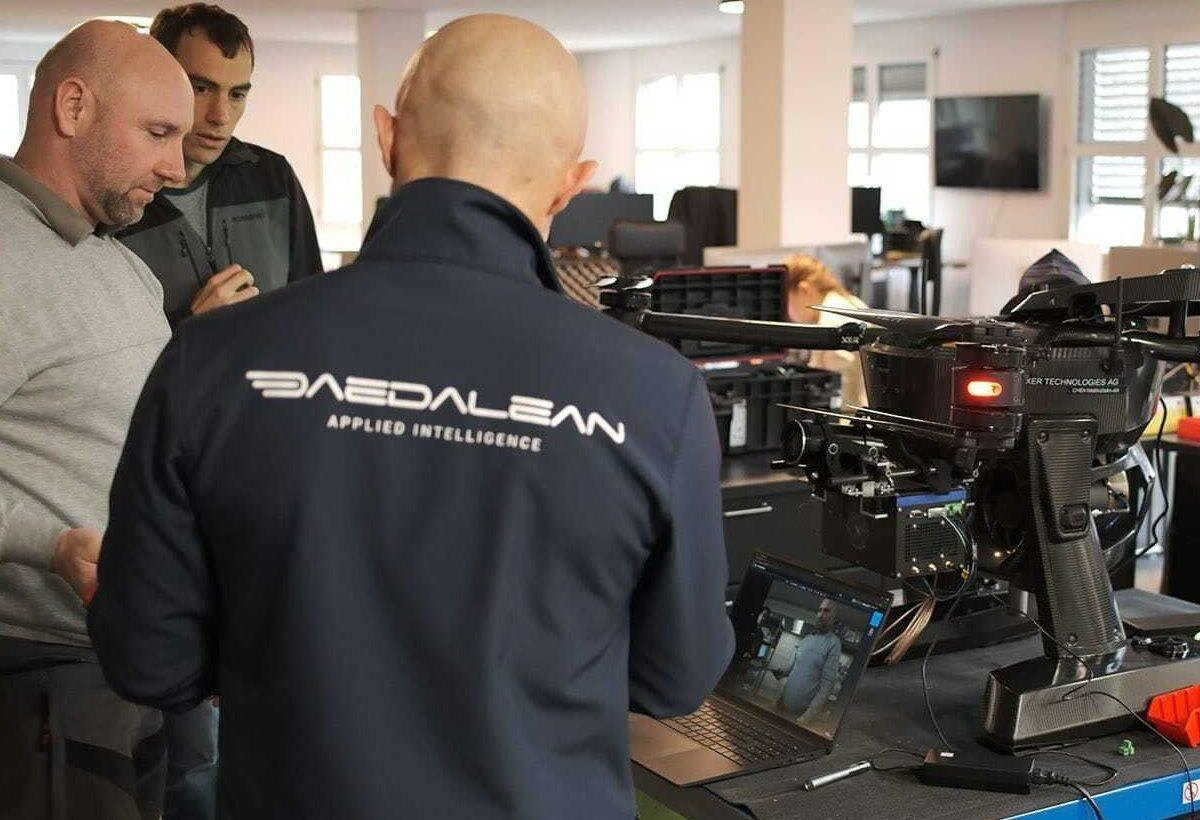AeroGenie — Tu copiloto inteligente.
Tendencias
Categories
Destinus Acquires Daedalean to Enhance AI in Flight Systems

Destinus Acquires Daedalean to Enhance AI in Flight Systems
The unmanned aerial systems (UAS) industry is experiencing rapid economic and technological transformation, driven by a growing emphasis on integrating advanced artificial intelligence into flight operations. In a notable development within this evolving landscape, Destinus has announced its acquisition of Daedalean, a prominent developer of AI-driven avionics. This strategic move aims to strengthen Destinus’ capabilities in autonomous flight systems, positioning the company at the forefront of innovation in the sector.
Strategic Context and Industry Implications
The acquisition arrives ahead of the 19th annual UAS Summit & Expo, scheduled for October 14-15, 2025, at the Alerus Center in Grand Forks, North Dakota. This event, held in a region often referred to as the "Silicon Valley of Drones," will showcase the latest advancements in UAV technology and highlight the expanding commercial applications of unmanned aerial vehicles. Destinus’ purchase of Daedalean underscores the increasing significance of AI in aviation, as industry players strive to improve safety, efficiency, and autonomy across both commercial and military domains.
Despite the promising prospects, integrating Daedalean’s sophisticated AI technology into Destinus’ existing flight systems presents considerable challenges. Regulatory scrutiny is expected to intensify as authorities evaluate the safety and reliability of AI-enabled flight operations. Moreover, the technical complexities involved in merging the two companies’ platforms require meticulous management to ensure a seamless transition and effective adoption of the new technology.
Market and Competitive Reactions
Market responses to the acquisition have been varied. While some analysts regard the move as a strategic advancement toward leadership in AI-powered flight, others remain cautious about the high costs and uncertainties inherent in such integrations. Investors are closely monitoring Destinus’ approach to overcoming these obstacles, particularly given the substantial resources necessary for successful implementation.
The acquisition is also likely to prompt competitive responses within the industry. Rival firms may accelerate their own research and development initiatives, pursue similar acquisitions of AI technology, or seek strategic partnerships to enhance their flight systems. This trend aligns with broader patterns of aggressive investment in AI capabilities across sectors, exemplified by recent transactions such as SAP’s acquisition of SmartRecruiters and Google’s purchase of Windsurf Technology.
As the UAS industry continues to evolve, the Destinus-Daedalean deal marks a significant milestone in the pursuit of smarter, more autonomous flight systems. The integration’s progress and outcomes will be closely observed by industry stakeholders, regulators, and investors alike, as they seek to understand the future trajectory of artificial intelligence in aviation.

Emirates Unveils Cabin Design for New Boeing 777X

Eighteen Years On, the Airbus A380 Remains Central to a $34 Billion Airline

How a boom in luxury airline seats is slowing down jet deliveries

Navitaire Outage Attributed to Planned Maintenance

Airbus Plans Record Delivery of 870 Aircraft in 2026

DigiYatra Debuts Outside Aviation at India AI Impact Summit

Vietnam Orders Strengthen Boeing’s Commercial Outlook

Airbus Signals Uncertainty Over Future A400M Orders

JobsOhio Awards $2 Million Grant to Hartzell Propeller for Innovation Center

Collins Aerospace Tests Sidekick Autonomy Software on YFQ-42A for U.S. Air Force CCA Program
